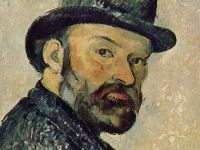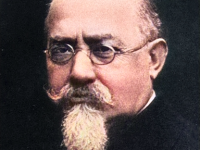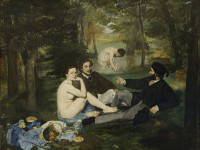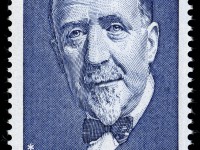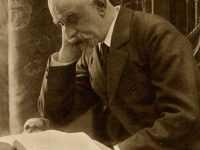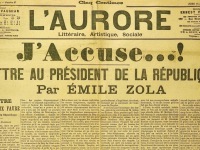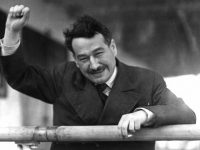Paul Cézanne – Breaking all the Rules
On January 19, 1839, French artist and Post-Impressionist painter Paul Cézanne was born. He laid the foundations of the transition from the 19th-century conception of artistic endeavour to a new and radically different world of art in the 20th century. Thus, Cézanne can be said to bridge between late 19th-century Impressionism and the early 20th century’s Cubism. “Painting from nature is not copying the object, it is realizing sensations.”, Joachim Gasquet’s Cézanne, –…
Read more

